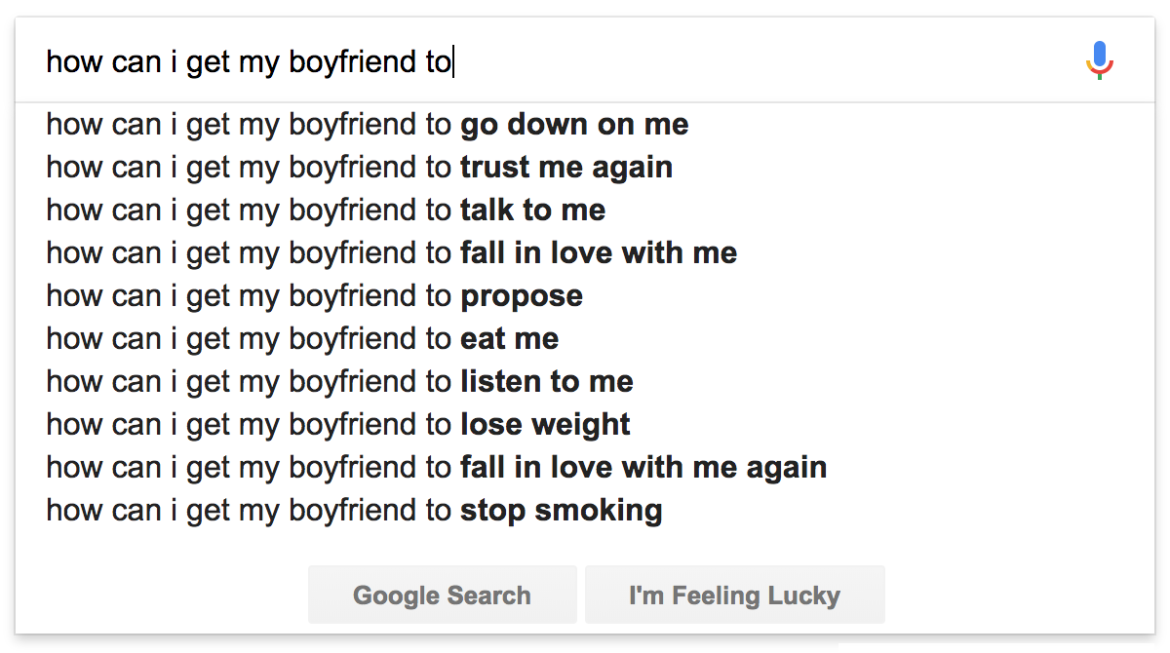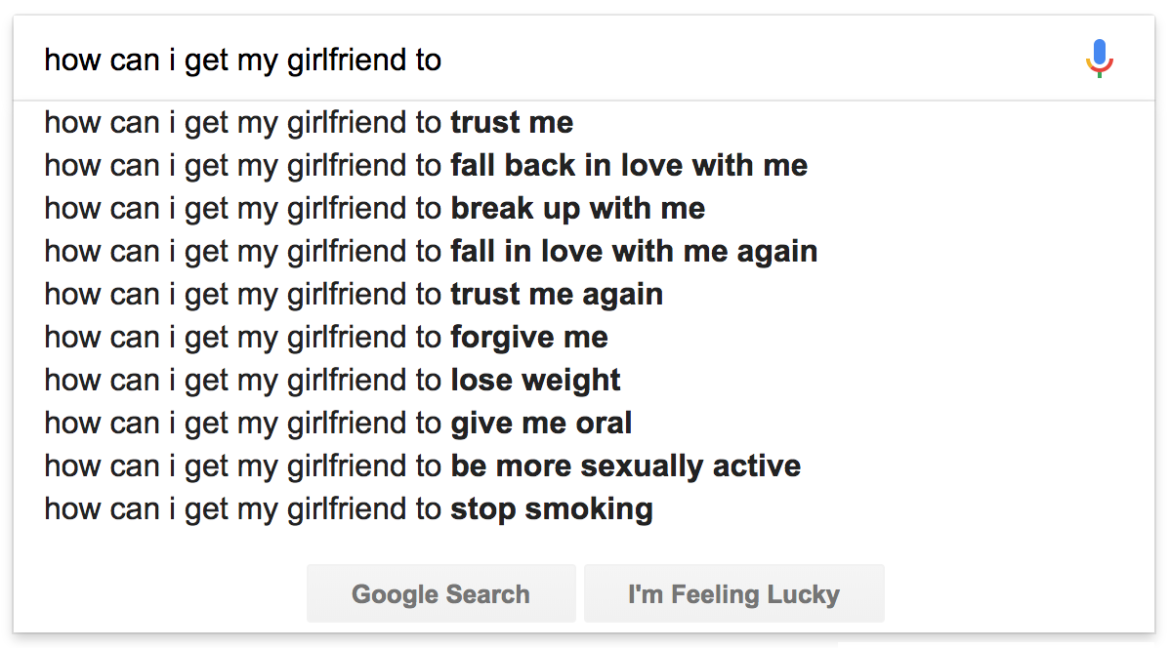Technically you only need one reason, actually, any reason. But you are so much more complicated than that, aren’t you?
Well that is what psychologists Cindy Meston and Dr. Dave Buss, professors of psychology at the University of Texas at Austin, think. In fact, they have put out a report (pdf) analyzing 327 reasons people have sex. That’s pretty complicated in my book. The reasons breakdown into four major groups, each of the breakdown into 13 subgroups as follows:
Physical
- Stress reduction
- Pleasure
- Physical
- Desirability
Goal-directed
- Resources
- Social Status
- Revenge
- Utilitarian
Emotional
- Love and commitment
- Expression
Insecurity
- Self-esteem boost
- Duty/pressure
- Mate guarding
According to the study, the most and least frequently endorsed reasons for having sex were common among the great majority who were surveyed. There were nine themes that appeared to characterize the most frequently endorsed reasons for having intercourse:
- pure attraction to the other person in general
- experiencing physical pleasure
- expression of love
- having sex because of feeling desired by the other
- having sex to escalate the depth of the relationship
- curiosity or seeking new experiences
- marking a special occasion for celebration
- mere opportunity
- sex just happening due to seemingly uncontrollable circumstances
Their studies reaffirmed many sexual stereotypes about men and women. On the other hand, some of these stereotypes were contradicted. When examining the most frequently cited reasons for having sex, men and women were remarkably similar in the 20 of the top 25 reasons given were identical for men and women.
Men showed significantly greater endorsement of having sex due to physical reasons, such as ‘‘The person had a desirable body’’; ‘‘The person was too ‘‘hot’’ (sexy) to resist,’’ and simply because the opportunity presented itself: ‘‘The person was available’’; ‘‘The person had too much to drink and I was able to take advantage of them.’’ Men exceeded women on many items that pertained to physical pleasure such as, ‘‘I wanted to achieve an orgasm,’’ and ‘‘It feels good.’’ Men more than women reported having sex as a way to improve their social status (e.g., ‘‘I wanted to enhance my reputation’’; ‘‘I wanted to brag to my friends about my conquests’’) and their sexual experience (e.g., ‘‘I needed another notch on my belt’’; ‘‘I wanted to improve my sexual skills’’). Finally, men exceeded women on endorsing a variety of utilitarian reasons for sex: ‘‘I wanted to change the topic of conversation’’; ‘‘I wanted to improve my sexual skills.’’ Women exceeded men on only three of the 237 reasons: ‘‘I wanted to feel feminine’’; ‘‘I wanted to express my love for the person’’; ‘‘I realized that I was in love.’’
Their findings contradict the stereotype that women, more than men, use sex to obtain special favors. In their study, men were more likely to endorse reasons for having sex that involved utilitarian goals (“To get a favor from someone”).
Below is a table that list nearly all of the 237 reasons Meston and Buss derived from their surveys. Along with each reason is the the category that that particular reason belongs to and the score for that reason (somply put the score refers to the commonality of that reason used between the sexes, please read the full report for a more precise understanding).
[table id=2 /]
However, in the end Meston and Buss conclude that:
All of these diverse theoretical perspectives, when taken together, point to a singular conclusion: The reasons people have sex are likely to be far more numerous and psychologically complex than previous taxonomists have envisioned.
There, they said it, you are complicated.
I Feel like there are already enough reasons to have sex. I mean after all, one is enough for me. But Dr. Buss and Dr. Meston are working on a new project: a list of reasons to say no to sex. If you want a chance to help out, interested participants are invited to fill out a questionnaire.




